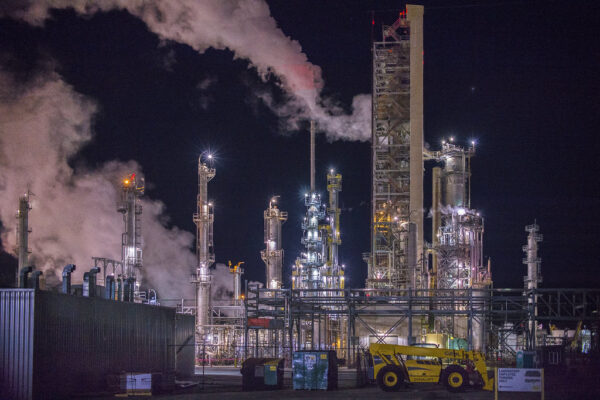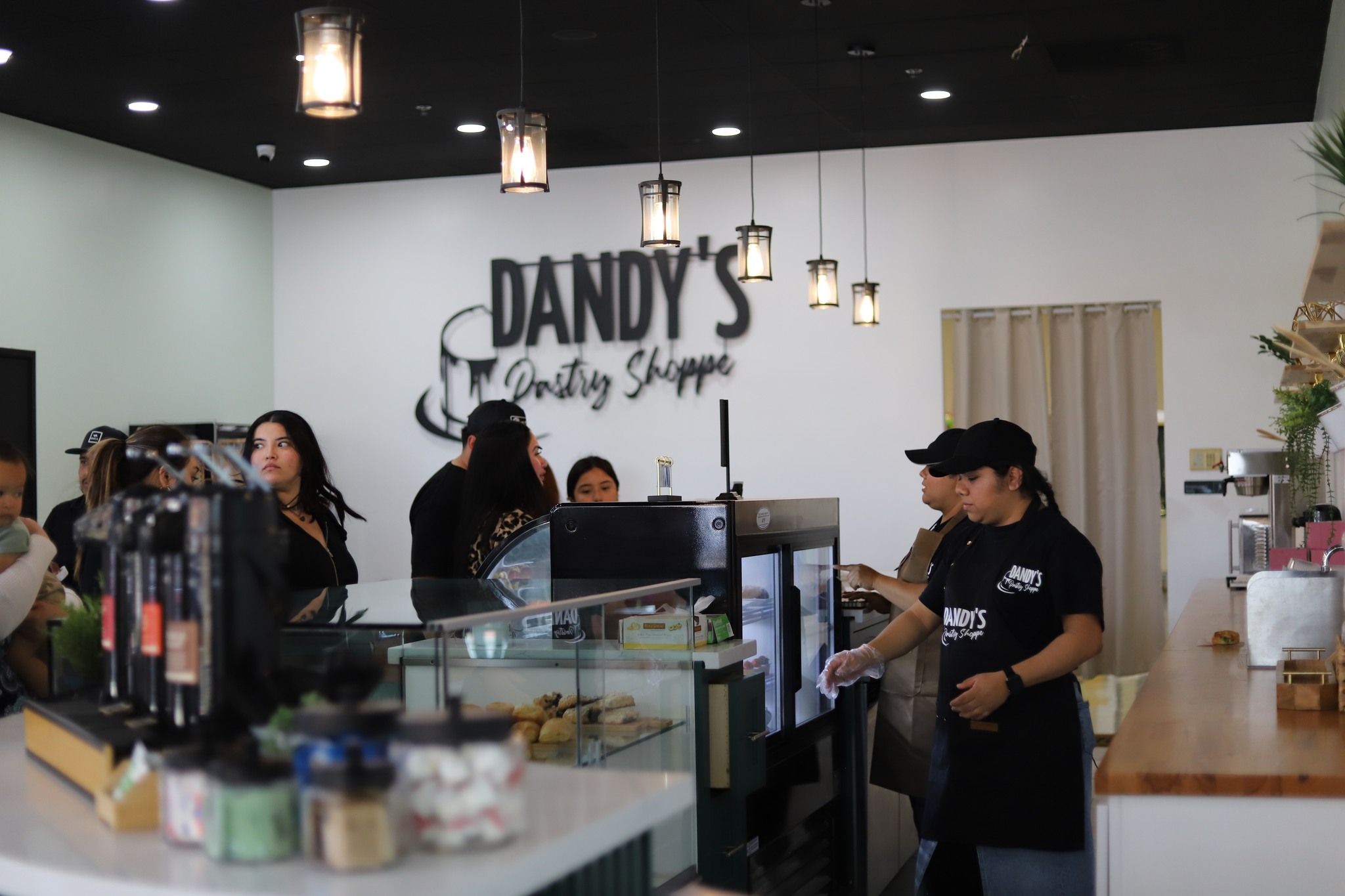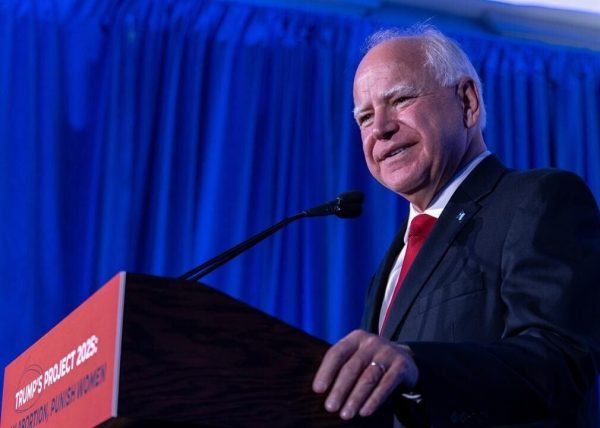Gov. Gavin Newsom on Friday announced a plan that would require oil refiners to maintain minimum supply inventories to prevent price spikes that annually cost Californians hundreds of millions of dollars.
The governor’s proposal — the first of its kind in the U.S. — would authorize the California Energy Commission, or CEC, to require that oil refineries maintain a minimum fuel reserve to safeguard against supply shortages that inflate pump prices.
“Price spikes at the pump are profit spikes for Big Oil,” Newsom said in a statement. “Refiners should be required to plan ahead and backfill supplies to keep prices stable, instead of playing games to earn even more profits. By making refiners act responsibly and maintain a gas reserve, Californians would save money at the pump every year.”
According to Newsom’s office, the proposed mandate would:
- “Obligate California’s petroleum refiners to demonstrate resupply plans and arrangements to the CEC that are adequate to address the loss in production from refinery maintenance.
- “Authorize the CEC to require petroleum refiners to maintain enough fuel inventory to stabilize fuel supply.
- “Impose penalties on refiners who fail to follow these requirements.”
State residents and visitors would have saved upwards of $650 million in gasoline costs that resulted from refiners’ price spikes if the fuel-reserve mandate had been in effect last year, Newsom’s office reported.
Catherine Reheis-Boyd, pesident and CEO of the Western States Petroleum Association, said, “the Newsom Administration’s minimum supply announcement is nothing more than a political attack on consumers and our industry. Their claims about planning maintenance during the busiest driving season are false, purposely misleading and show an utter lack of understanding about our industry.
“To impose new operational mandates on energy producers based on such falsehoods is regulatory malpractice, and ignores the logistical challenges and costs associated with such a plan,” Reheis-Boyd continued. “When this administration is ready to have a serious discussion about the facts and the policies this state has imposed that affect consumer costs, we will be there.
“However, collaboration is not a value of this administration. Once again, they have proposed wide-ranging and costly new laws in the final few weeks of the legislative session, putting legislators, stakeholders and industry in an impossible position to deliver effective policy,” she said.
According to the state energy commission, on 63 days in 2023 California refiners maintained less than 15 days of gasoline supply, which caused a price spike at gas pumps. Officials said the proposed fuel reserve “would help ensure that the industry behaves responsibly and plans ahead to protect consumers from price spikes.”
Pump prices are significantly lower than at this time last year and in 2022.
As of Friday the Los Angeles County average price for a gallon of self-serve regular gasoline has dropped $1.92 since rising to a record $6.49 on Oct. 5, 2022, according to AAA and Oil Price Information Service. The price is 68.1 cents less than a year ago.
This summer, California consumers spent an estimated $728 million less on gasoline than the same period last year, the governor’s office reported. The proposed fuel reserve mandate aims to further protect consumers at the pump and help stabilize the market for the long term.
“The data is clear: oil refiners have been racking up profits by planning maintenance that reduces supply during our busy driving seasons,” Tai Milder, director of the energy commission’s Division of Petroleum Market Oversight, said in a statement. “The Governor’s proposal gives us new tools to require refiners to plan responsibly and prevent price gouging during maintenance.”
The proposed fuel reserve requirement is the latest move by the state government to stabilize the retail gasoline market.
After price spikes in 2022, Newsom called for a special legislative session and signed into law a reform package that he said was aimed at “holding Big Oil accountable.”
The energy commission oversight division, the state’s new oil industry watchdog, found that higher gasoline prices were caused by industry practices that included questionable market transactions, doing refinery maintenance without properly preparing for the resulting fuel shortages and other price-spiking moves. The division recommended the minimum inventory requirement in a letter to Newsom earlier this year.
The oversight division also revealed that gasoline prices spiked largely in 2023 because refineries went offline without adequately planning to backfill fuel supplies. That “caused refining margins to spike as spot and retail prices jumped — indicating that refinery margins made up the largest proportion of the price spikes between July and September 2023,” state officials said.
Other countries have similarly imposed fuel reserves mandates on refiners.
Australia’s Fuel Security Act has a minimum stockholding obligation and a fuel security services payment. Implemented this year, the minimum stockholding obligation requires major fuel refiners to save 24 days’ worth of gasoline and a 20-day supply of diesel fuel.
Japan’s Oil Stockpiling Act requires the government and private sector to maintain reserves of crude oil and other petroleum products.
The European Union adopted an Oil Stock Directive requiring member EU nations to maintain emergency stockpiles of crude oil and petroleum products equal to a minimum 90 days of net imports or 61 days of consumption, whichever is higher.
Updated Aug. 15, 2024, 2:15 p.m.







